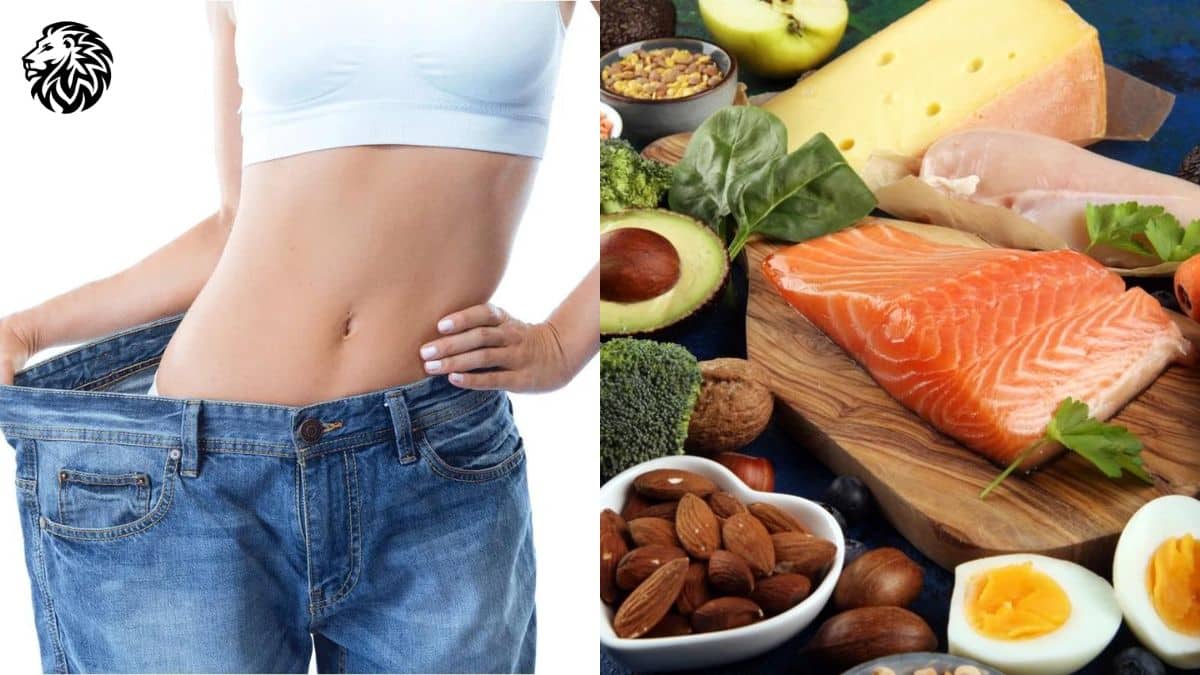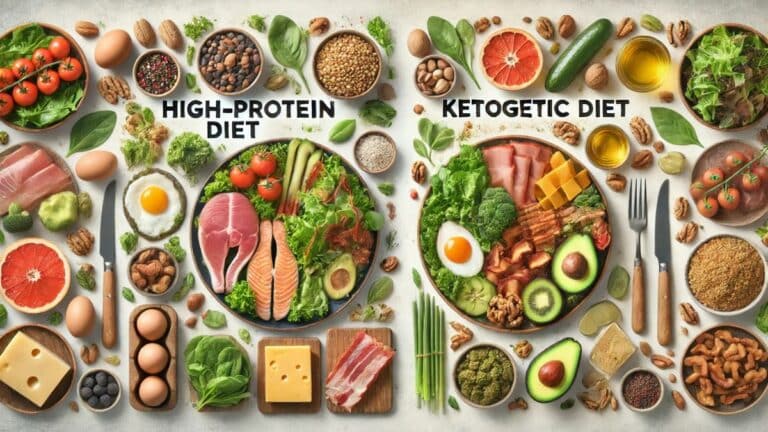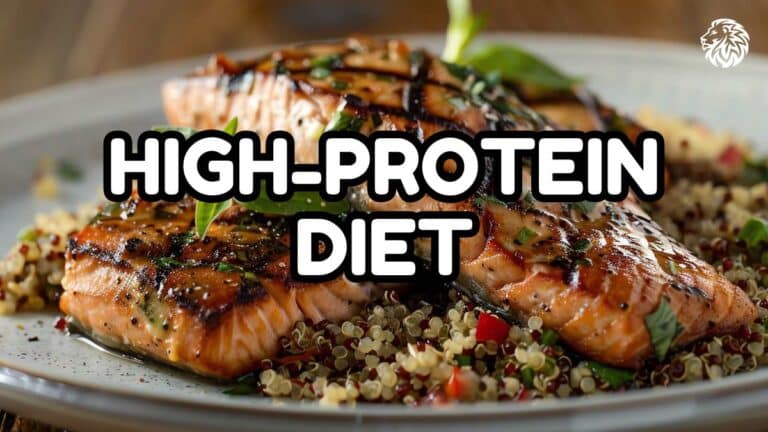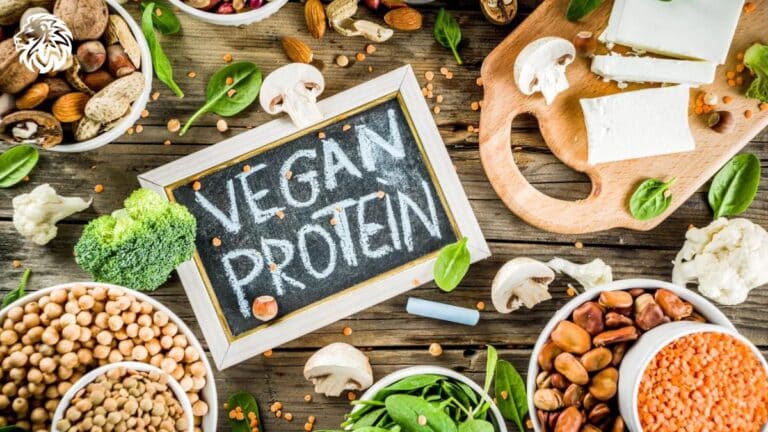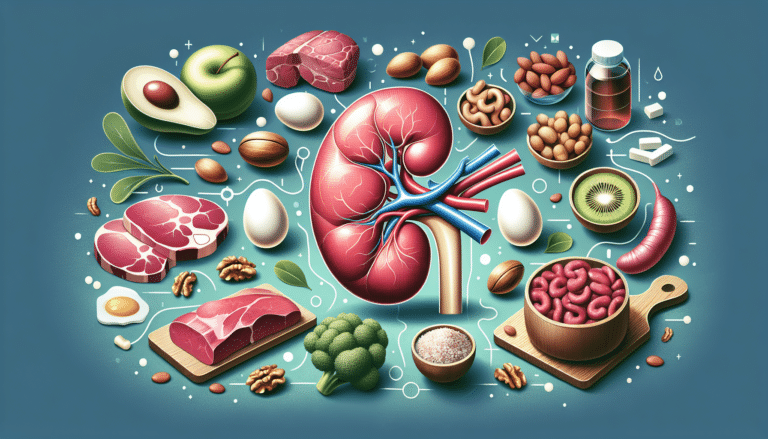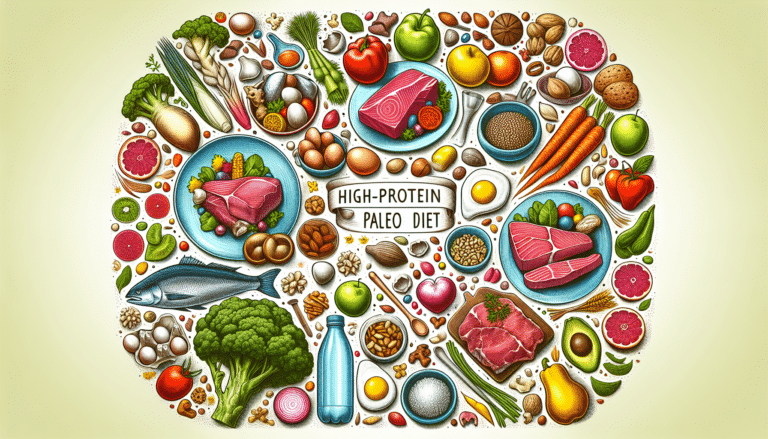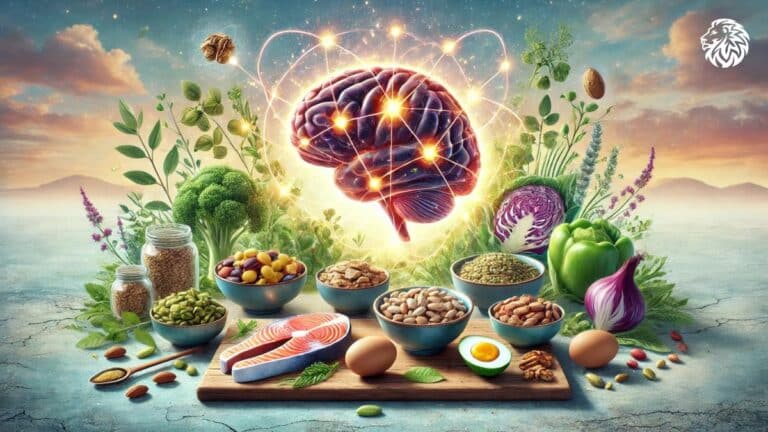Let’s think of protein as the gym enthusiast of the nutrient world – always flexing its muscles, and always there when you need a boost. Just like we’re made of stories and memories, our muscles and body are built of amino acids, which are the lovely little units that make up proteins. Now, where can you find these buffed-up foods? Everywhere from your classic steak and chicken to eggs and milk. And for our plant-loving pals, there are beans, nuts, seeds, and certain grains to keep you powered up.
Now, here’s the not-so-fun part. Our world’s been seeing a surge in folks packing on more pounds than is good for them. Picture this: since the groovy 70s, the number of people dealing with obesity has almost tripled! And by 2016, out of every ten adults, almost nine were carrying extra weight, with about three of them in the obesity zone. It’s not just about fitting into those jeans from college; it’s about the weighty risks like heart issues, diabetes, joint troubles, and some pretty nasty cancers.
This chat we’re having today is like a deep dive into the muscle-packed world of high-protein foods and how they might be the secret weapon in the fight against those unwanted pounds. We’ll explore how protein might be that friend who tells you, “Hey, you’re full!” or the one that lights a fire under your metabolism. We’ll peek into the world of science to see what the lab coats say about it all, weigh the good and the maybe-not-so-good about pumping up the protein, and spill the beans (pun intended) on how to rock a protein-rich diet while staying balanced.
By the end, you’ll have the lowdown on how protein can be your sidekick in your weight-watching journey, helping you make food choices that are not just tasty but also keep you feeling fabulous. Cheers to that!
Can You Lose Weight by Eating High Protein Foods?
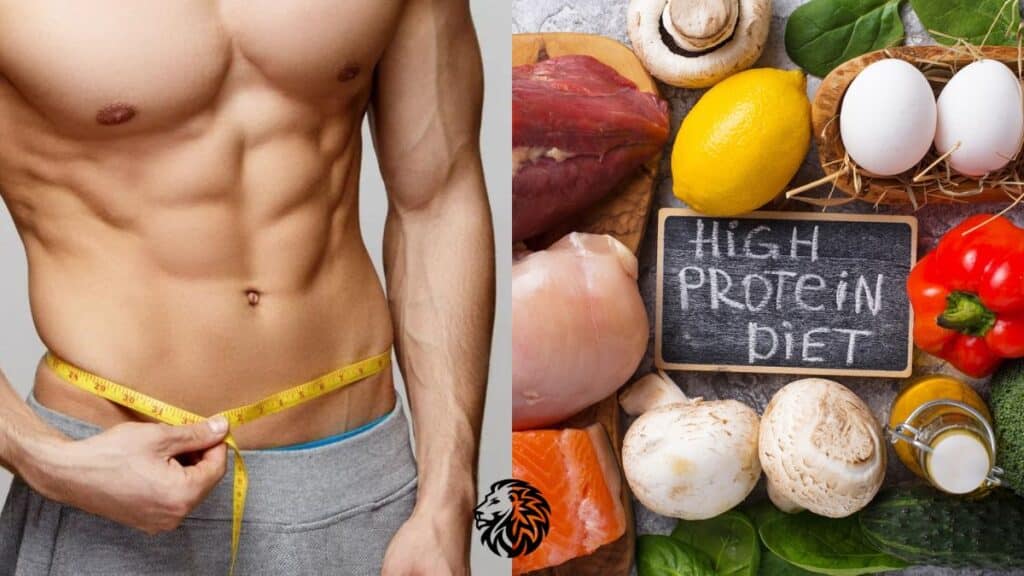
Yes, eating high-protein foods can be an effective strategy for weight loss for several reasons:
- Increased Satiety: Protein is more satiating than carbohydrates or fats, meaning it can help you feel full longer after eating. This can lead to a reduction in overall calorie intake, which is essential for weight loss.
- Thermic Effect of Food: The body uses energy to digest and metabolize food, a phenomenon known as the thermic effect of food (TEF). Protein has a higher TEF compared to fats and carbohydrates, meaning that the body burns more calories to process protein. This increased energy expenditure can contribute to weight loss.
- Muscle Preservation: When losing weight, it’s important to preserve lean muscle mass. A higher protein intake can help protect muscle during weight loss, particularly when combined with resistance exercise. Since muscle tissue is metabolically active, maintaining muscle mass can help sustain a higher metabolic rate, aiding weight loss and maintenance.
- Hormonal Effects: Protein intake can influence the levels of several hormones that control appetite and satiety, such as ghrelin and GLP-1. This hormonal response can lead to a natural reduction in calorie intake.
However, it’s important to consider that weight loss is not solely dependent on one specific nutrient but rather on the overall balance between calorie intake and expenditure. While a high-protein diet can aid in weight loss, it should be part of a balanced diet and combined with a healthy lifestyle that includes regular physical activity. Additionally, it’s important to choose lean protein sources and to consider any dietary restrictions or health conditions.
The Role of Protein in Weight Management

Satiety and Hunger Regulation
Protein is renowned for its ability to promote feelings of fullness, which can lead to reduced calorie intake. This satiating effect is partly due to the release of hormones such as GLP-1 and PYY, which signal fullness to the brain. High protein foods also tend to slow down the emptying of the stomach, prolonging the feeling of satiety. By curbing hunger and reducing the frequency of eating, protein can be a powerful ally in weight management.
Thermic Effect of Food
The thermic effect of food (TEF) refers to the energy expended by our bodies to digest, absorb, and metabolize nutrients. Protein has a higher TEF compared to carbohydrates and fats, meaning that the body burns more calories to process protein. This increased energy expenditure can contribute to weight loss over time, as the body burns more calories in the digestion of protein-rich foods.
Muscle Maintenance and Metabolism
Protein is crucial for the maintenance of lean muscle mass, especially during weight loss. When losing weight, the body may break down muscle for energy if it’s not getting enough protein. Preserving muscle mass is vital, as it contributes to a higher resting metabolic rate (RMR). Muscle tissue burns more calories at rest than fat tissue, so maintaining muscle through adequate protein intake can help support a higher metabolism, making it easier to lose weight and prevent weight regain.
Studies and Research Findings
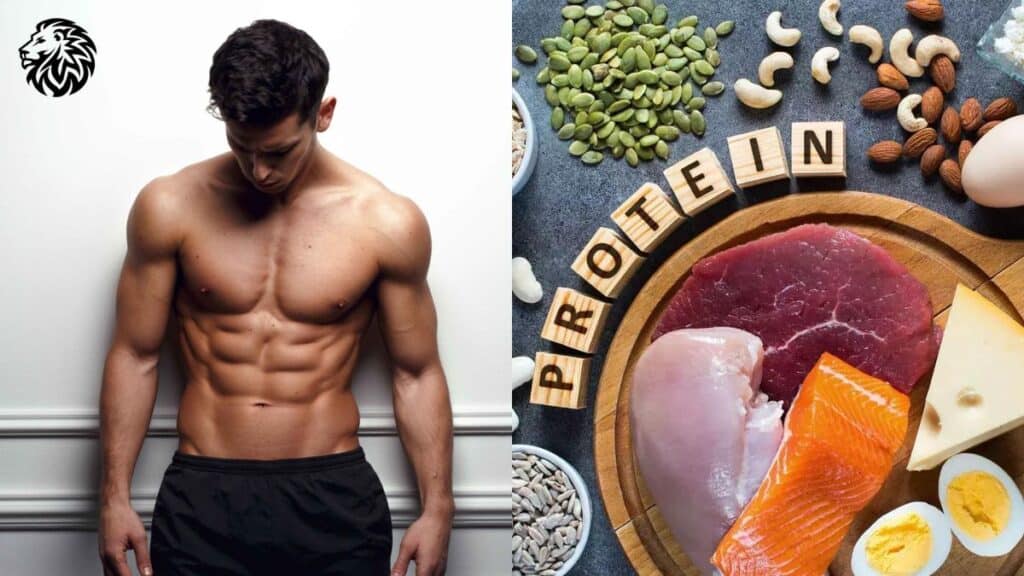
Summary of Key Studies on Protein and Weight Loss
Numerous studies have investigated the role of protein in weight loss. One pivotal study published in the “American Journal of Clinical Nutrition” found that increasing protein intake to 30% of total calories led to an automatic decrease in calorie intake and significant weight loss in participants. Another study in the “Journal of Nutrition” showed that a high-protein diet combined with exercise enhanced weight and fat loss while preserving muscle mass. These and other studies underscore protein’s potential to aid in weight management.
Long-term vs. Short-term Effects
While short-term studies often demonstrate the effectiveness of high-protein diets for quick weight loss, long-term effects are a vital consideration. Some research indicates that the initial rapid weight loss seen with high-protein diets might not be sustainable in the long run. A systematic review in “The BMJ” found that while high-protein diets can result in greater short-term weight loss compared to lower-protein diets, differences in weight loss between diets diminish over time. This highlights the importance of sustainable dietary habits for long-term weight management.
Comparison with Other Diets (Low-Carb, Low-Fat, etc.)
High-protein diets are often compared with other popular dietary approaches like low-carb and low-fat diets. Research shows that while all these diets can be effective for weight loss, they work through different mechanisms. For instance, a meta-analysis in the “Journal of the American Medical Association” found that low-carb diets might lead to slightly more weight loss than low-fat diets in the short term. However, the difference was not significant over the long term. It’s also important to consider individual variability, as some people respond better to certain dietary approaches than others. The key is to choose a diet that is sustainable, nutritious, and aligns with one’s personal health goals and preferences.
High Protein Foods and Their Benefits

List of High Protein Foods
High protein foods are abundant and can suit various dietary preferences and restrictions. Some examples include:
- Animal-Based Proteins: Chicken breast, turkey, lean beef, pork, fish (such as salmon, tuna, and cod), eggs, and dairy products like Greek yogurt, cheese, and milk.
- Plant-Based Proteins: Tofu, tempeh, edamame, lentils, chickpeas, black beans, kidney beans, quinoa, almonds, chia seeds, and hemp seeds.
Nutritional Value Beyond Protein
In addition to being rich in protein, these foods offer a variety of other nutrients:
- Animal-Based Proteins: These often contain B vitamins (like B12, which is critical for nerve function and is found only in animal products), iron, zinc, and omega-3 fatty acids (particularly in fatty fish).
- Plant-Based Proteins: These are typically high in fiber, antioxidants, and phytonutrients. They are also important sources of certain minerals and vitamins, such as iron, zinc, magnesium, and folate.
Incorporating High Protein Foods into a Balanced Diet
While high protein foods are beneficial, it’s important to incorporate them into a balanced diet that includes a variety of nutrients. Here are some tips for doing so:
- Diversity: Include both animal and plant-based protein sources to ensure a wide array of nutrients.
- Portion Control: Be mindful of portion sizes to manage calorie intake.
- Balance: Pair protein-rich foods with vegetables, fruits, whole grains, and healthy fats to create a well-rounded meal.
- Preparation: Opt for healthier cooking methods such as grilling, baking, or steaming instead of frying.
- Timing: Spread protein intake throughout the day to support muscle synthesis and satiety. By combining high protein foods with other nutrient-dense foods and healthy lifestyle practices, individuals can enjoy the benefits of protein in the context of a comprehensive approach to weight management and overall health.
Potential Risks and Considerations
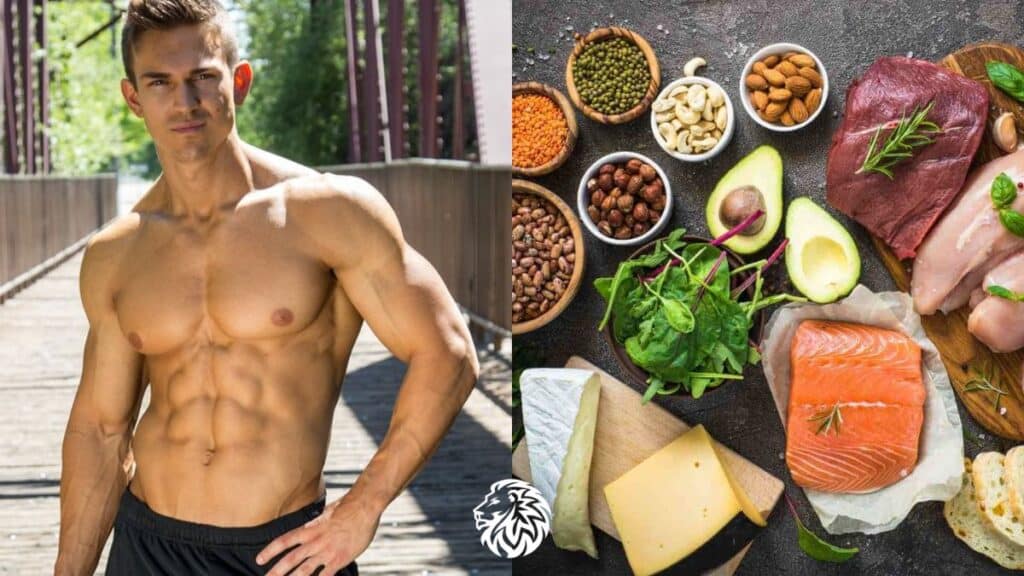
Excessive Protein Intake Concerns
While protein is essential for health, consuming it in excessive amounts can lead to potential risks. Overconsumption of protein can put a strain on the liver and kidneys as they work to metabolize and excrete the byproducts of protein breakdown. Additionally, diets excessively high in protein, particularly from animal sources, may be associated with higher intakes of saturated fat and cholesterol, potentially increasing the risk of heart disease.
Kidney Health and Protein Consumption
For individuals with pre-existing kidney conditions, a high-protein diet can exacerbate kidney problems. The kidneys are responsible for filtering the byproducts of protein metabolism, and increased protein intake can heighten the kidneys’ workload. While healthy individuals typically do not need to worry about protein adversely affecting their kidneys, those with kidney disease or reduced kidney function should consult with healthcare professionals before making significant changes to their protein intake.
Individual Dietary Needs and Restrictions
It’s crucial to recognize that dietary needs vary widely from person to person. Factors such as age, sex, level of physical activity, and presence of any health conditions play a significant role in determining optimal protein intake. Additionally, individuals may have specific dietary restrictions or preferences, such as vegetarianism, veganism, lactose intolerance, or allergies to certain protein sources. It is important to tailor protein intake to individual needs and to ensure that protein sources align with personal health goals and ethical considerations. Consulting with a registered dietitian or nutritionist can help in creating a balanced diet that safely incorporates the right amount of protein in line with an individual’s unique needs and lifestyle.
Practical Tips for Incorporating High Protein Foods for Weight Loss
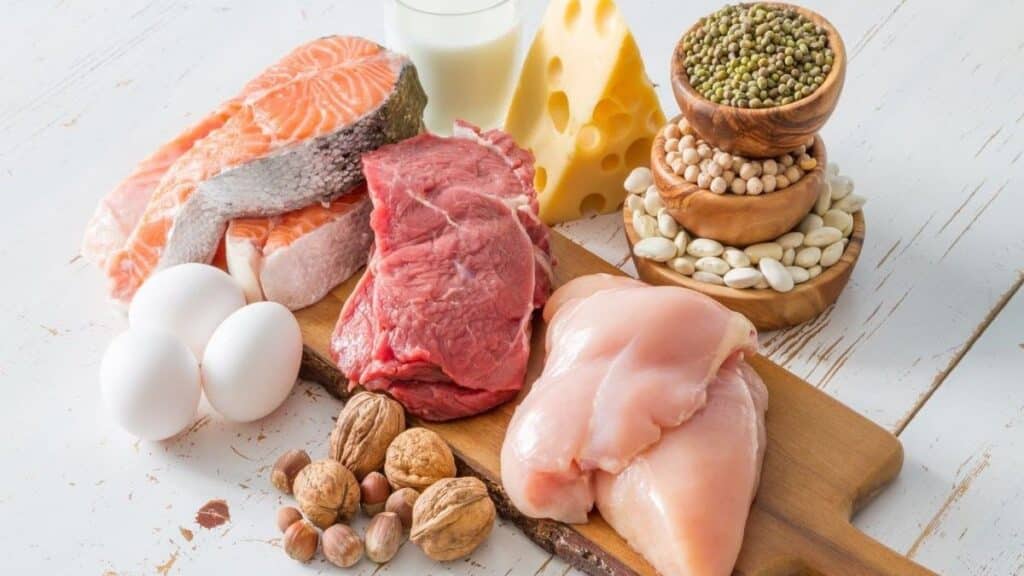
Meal Planning Strategies
- Start with Protein: When planning meals, begin by choosing your protein source. This ensures that you’re prioritizing protein intake.
- Prep in Advance: Prepare protein-rich foods in bulk at the beginning of the week to save time and ensure you have healthy options readily available.
- Portion Control: Use a kitchen scale or measuring cups to ensure appropriate portion sizes that align with your weight loss goals.
Protein-Rich Recipes and Snack Ideas
- Breakfast: Consider a spinach and feta omelette, Greek yogurt with nuts and berries, or a smoothie with protein powder.
- Lunch: Try a quinoa salad with chickpeas and vegetables, a turkey and avocado wrap, or a lentil soup.
- Dinner: Opt for grilled salmon with steamed broccoli, chicken stir-fry with mixed vegetables, or a tofu and vegetable curry.
- Snacks: Have hard-boiled eggs, cottage cheese with pineapple, almond butter on celery sticks, or a handful of roasted edamame on hand for protein-rich snacks.
Balancing Macronutrients
- Proportionate Plates: Aim for a balanced plate that includes protein, carbohydrates, and fats. A good rule of thumb is to fill half your plate with vegetables, a quarter with lean protein, and a quarter with whole grains or starchy vegetables.
- Quality Carbs: Choose fiber-rich carbohydrates like whole grains, legumes, and fruits, which can help manage blood sugar levels and keep you feeling fuller longer.
- Healthy Fats: Incorporate sources of healthy fats such as avocados, nuts, seeds, and olive oil to support satiety and nutrient absorption.
- Hydration: Don’t forget to drink plenty of water, which can aid in digestion and help you feel full.
By strategically planning meals, experimenting with protein-rich recipes, and balancing macronutrients, individuals can effectively incorporate high protein foods into their diets to support weight loss efforts while ensuring overall nutritional adequacy and satiety.
Common Myths and Misconceptions
Debunking Myths about Protein and Weight Loss
- “Eating protein alone is enough for weight loss”: While protein is helpful for weight loss, it should be part of a balanced diet that includes other nutrients. Weight loss occurs when there is a calorie deficit, regardless of macronutrient composition.
- “Protein shakes and bars are necessary for weight loss”: Supplements can be helpful in certain situations, but they are not a magic solution. Whole foods are generally preferable for meeting protein needs due to their additional nutrients and fiber.
- “All protein sources are the same”: Different protein sources come with various other nutrients. For instance, red meat has more saturated fat compared to lean poultry, while plant-based proteins offer fiber and phytonutrients.
Clarifying Misconceptions about High Protein Diets
- “High protein diets are harmful to everyone”: While people with pre-existing kidney conditions should be cautious, there is little evidence to suggest that high protein diets are harmful to healthy individuals.
- “High protein diets always lead to kidney damage”: For individuals with healthy kidney function, there is no conclusive evidence that a high protein intake will cause kidney damage.
- “A high protein diet means eating only meat”: A high protein diet can be well-rounded and include plant-based sources of protein, which can offer a wide array of nutrients and health benefits.
- “High protein diets are always low in carbohydrates”: While some high protein diets are low in carbs, it is not a requirement. Many people successfully lose weight on high protein diets that include moderate amounts of carbohydrates.
By dispelling these myths and clarifying misconceptions, individuals can make more informed decisions about incorporating protein into their diets for weight loss and overall health. It’s important to approach dietary changes with a balanced perspective and a focus on long-term sustainability.
Conclusion
High protein foods have been shown to play a significant role in weight management. Their ability to increase satiety, coupled with the higher thermic effect of food, can help in creating a calorie deficit conducive to weight loss. Additionally, high protein intake supports muscle maintenance, which is crucial for keeping the metabolism active during weight loss.
It’s important to remember that weight loss and diet should not be a one-size-fits-all approach. A balanced diet that includes an appropriate amount of protein alongside other macronutrients and micronutrients is key. Individual dietary needs, preferences, and health conditions should guide the choice of protein sources and the amount of protein consumed.
High protein foods can be an effective tool in the weight loss arsenal, but they are not a standalone solution. For sustainable weight loss and health, it is essential to incorporate a variety of nutrient-dense foods, maintain portion control, and engage in regular physical activity. Before making significant changes to your diet, particularly if you have pre-existing health conditions, consult with a healthcare professional or a registered dietitian. Tailoring your protein intake to fit your unique needs and lifestyle will provide the best chances for successful and healthy weight management.
References and Further Reading
- WebMD. (n.d.). High-Protein Diet: What It Is and How to Do It. Retrieved from https://www.webmd.com/diet/ss/slideshow-high-protein-diet
- Healthline. (n.d.). A High-Protein Diet Plan to Lose Weight and Improve Health. Retrieved from https://www.healthline.com/nutrition/high-protein-diet-plan
- Medical News Today. (n.d.). What to eat on a high-protein diet. Retrieved from https://www.medicalnewstoday.com/articles/321522
- Harvard Health Publishing. (n.d.). High-protein foods: The best protein sources to include in a healthy diet. Retrieved from https://www.health.harvard.edu/nutrition/high-protein-foods-the-best-protein-sources-to-include-in-a-healthy-diet
- Mayo Clinic. (n.d.). High-protein diets: Are they safe? Retrieved from https://www.mayoclinic.org/healthy-lifestyle/nutrition-and-healthy-eating/expert-answers/high-protein-diets/faq-20058207
